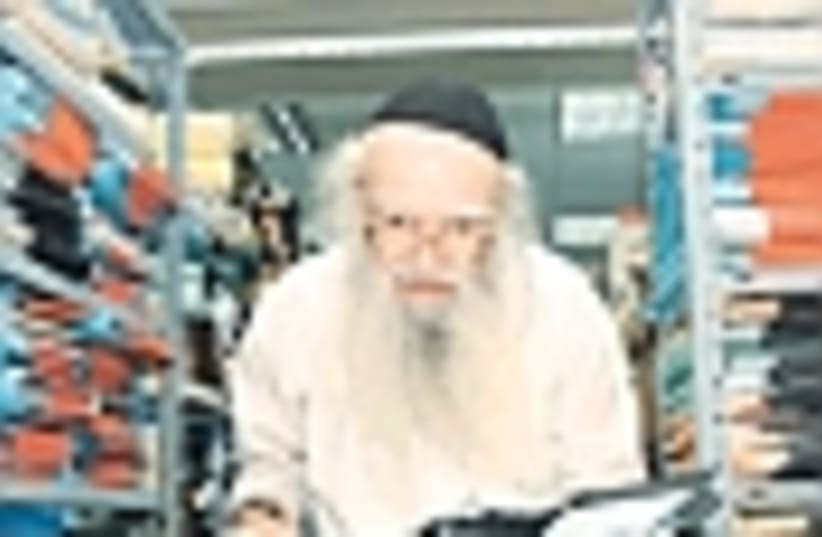| More about: | Brooklyn College, Six-Day War, Jerusalem, The Institute for Architecture and Urban Studies |
Patented experience
At 80 years of age, Rabbi Moshe Landy puts in 12 hours a day at the Justice Ministry's Patent Office.


| More about: | Brooklyn College, Six-Day War, Jerusalem, The Institute for Architecture and Urban Studies |